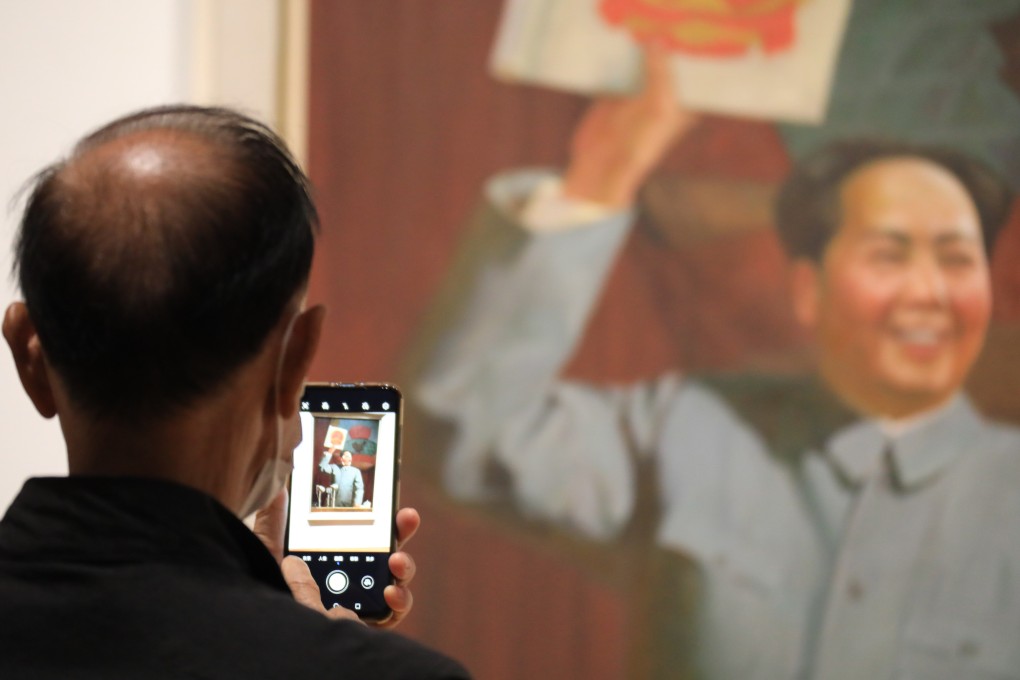Advertisement
Letters | Ukraine conflict: Mao’s insights on protracted war still hold lessons
- Mao’s work on a long war of resistance against Japan may be applicable to the Ukraine war
- As realpolitik considerations wear down support for Ukraine, there will be many losers and no winners
Reading Time:2 minutes
Why you can trust SCMP
4

Feel strongly about this letter, or any other aspects of the news? Share your views by emailing us your Letter to the Editor at [email protected] or filling in this Google form. Submissions should not exceed 400 words, and must include your full name and address, plus a phone number for verification.
Eighty-four years ago, at the beginning of the Sino-Japanese War, chairman Mao Zedong published “On Protracted War”, which would prove prescient about the duration and outcome of the conflict. I think Mao’s essay is relevant when we look at the Ukraine conflict.
Just like China in the late 1930s, Russia is fighting a lonely war. In fighting to stop Nato’s eastward expansion, Russia has faced setbacks such as cutthroat economic sanctions and the transatlantic security alliance’s expansion with the possible addition of Sweden and Finland.
Advertisement
But with the timely rebound of the Russian currency and Europe’s energy dependence, Russia can afford to wait. The high cost of living, especially in western Europe, could eventually change public opinion and the perception of Nato.
Even supporters of Ukraine, such as British Prime Minister Boris Johnson, are facing challenging political realities – Scotland and Northern Ireland might slowly be moving away from the United Kingdom. Recent local elections have consolidated Scottish First Minister Nicola Sturgeon’s position and strengthened her resolve to push through a second independence referendum.
Advertisement
The long-term trend may be for a more pragmatic western Europe, and bread-and-butter issues might prevail over the temporary public sympathy for the actor-turned-President Volodymyr Zelensky. The only solution for Ukraine is neutrality; it would be unsustainable for Zelensky to keep on begging for billions.
Advertisement
Select Voice
Select Speed
1.00x